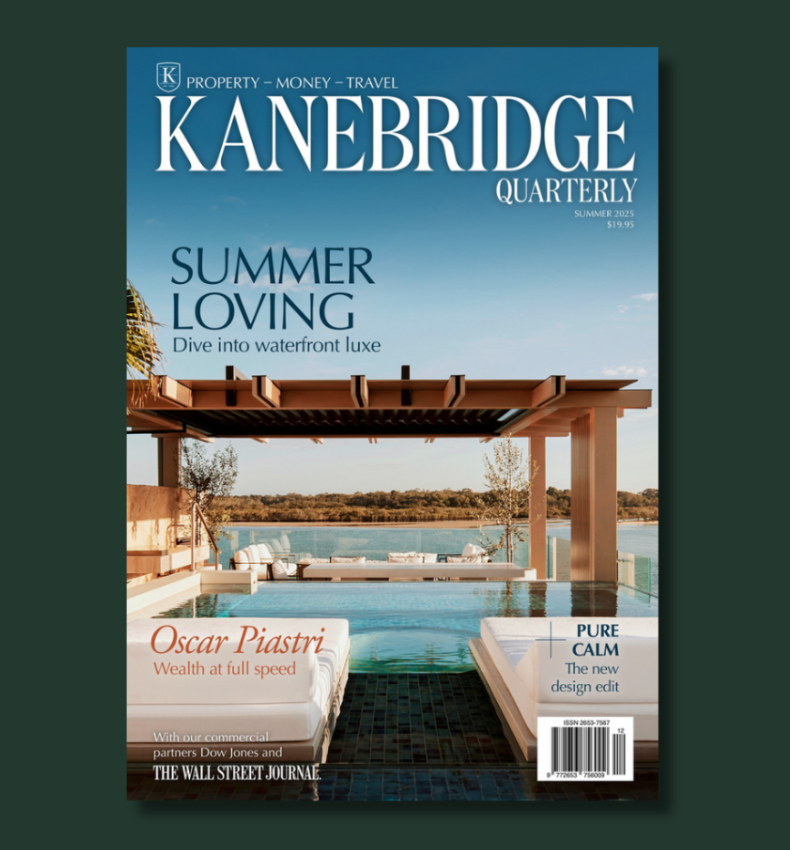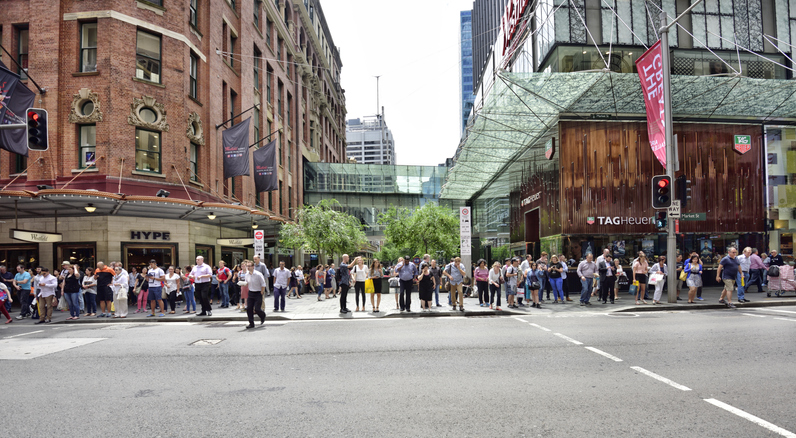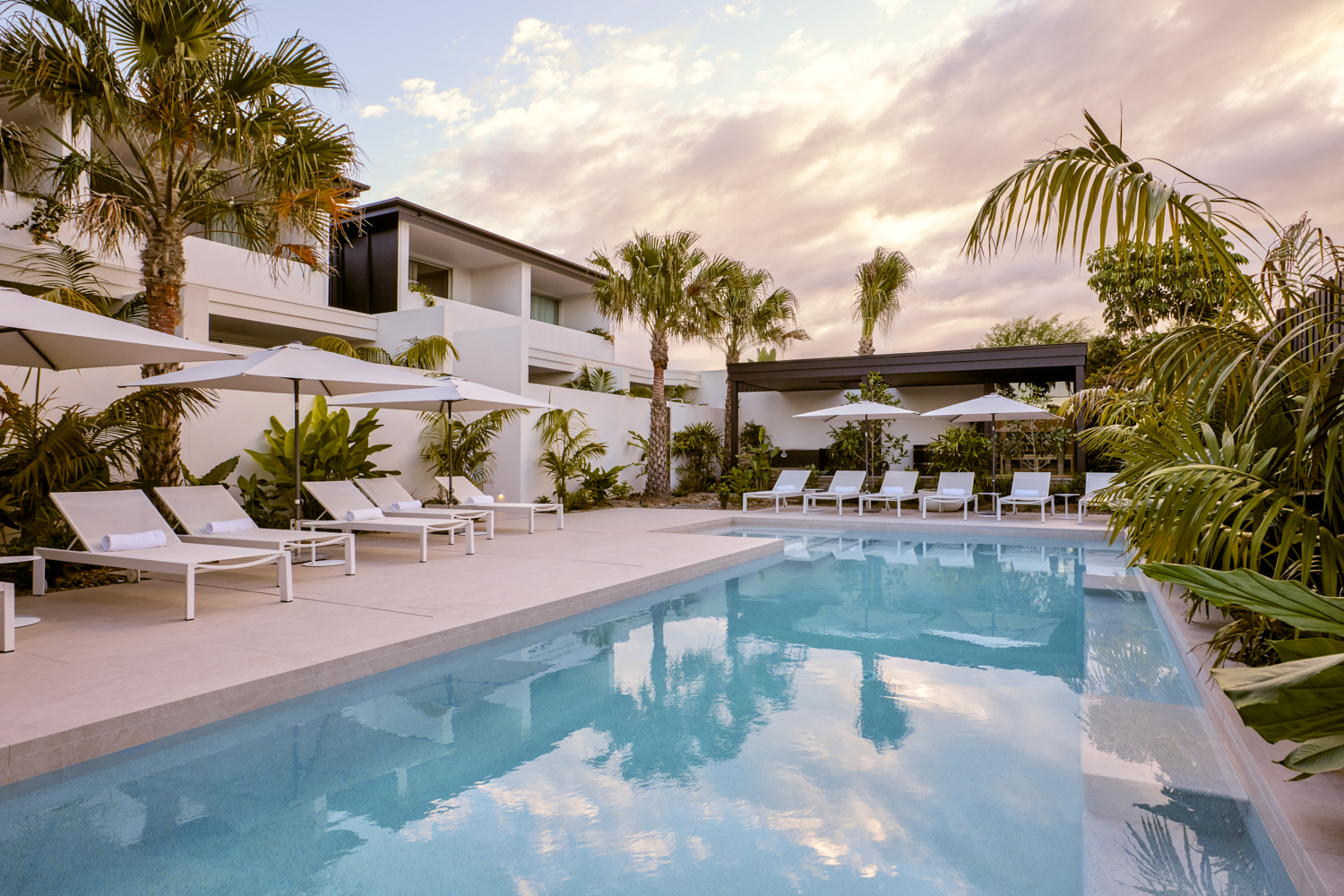Fitch Affirms Australia’s Rating, But Flags Mounting Budget Risks
General government deficit will reach 2.6% of GDP in fiscal 2025, Fitch said
SYDNEY—Fitch Ratings affirmed Australia’s AAA sovereign credit rating with a stable outlook, even as it highlighted that the country’s high debt relative to countries with similar ratings.
Fitch said the country retains a commitment to the same rules for fiscal sustainability that helped to underpin close to 30 years of economic expansion before the pandemic.
“Australia’s rating is underpinned by the country’s high income per capita and sound medium-term growth outlook, as well as strong institutions and an effective policy framework,” Fitch said in a statement on Monday
It warned that Australia’s fiscal metrics are set to weaken modestly in the next two years. But it anticipated deficits and overall debt would be contained over the medium term, supporting the stable outlook.
The affirmation of the top rating comes despite ongoing concerns about the pace of spending over the past year as the federal government deals with an explosion in costs linked to the national disability insurance scheme while at the same time cutting income taxes.
Government spending measures aimed at cushioning the rising cost of living on households, and falling commodity prices, will put pressure on the budget, Fitch said.
Australia’s general government deficit, which consolidates federal, state and local governments, will reach 2.6% of GDP in the 12 months through June, 2025, from 1.6% in fiscal 2024 and 0.8% in fiscal 2023, Fitch said.
“Aggregate state deficits have been high over the past couple of years, offsetting surpluses at the federal level,” Fitch said. “We also forecast deficit reduction at the state level to be gradual, given a still-large infrastructure development pipeline.”
Rising aged care and the NDIS will continue to pressure the budget, though efforts are under way to contain these costs, it added.
Fitch forecasts economic growth to slow to 1.1% in 2024, from 2.0%, but expects a gradual acceleration in activity from late this year, driving growth to 1.7% in 2025 and 2.1% 2026.
“A recovery should be supported by income tax cuts, probable monetary easing in 2025 and a healthy labor market, which should buoy household balance sheets,” the ratings agency said.
Fitch expects the Reserve Bank of Australia will start to cut interest rate cuts in February, with the policy rate reaching 3.50% by the end of next year, after being on hold at 4.35% since November 2023.
Underlying inflation appears set to trend down to the RBA’s 2%-3% target band by end-2025, from 3.5% in the third quarter, the ratings agency said.
“Still, risks tilt toward delayed cuts given persistent services inflation and a still-tight labor market, with brisk employment growth, low 4.1% unemployment rate and a record participation rate in September 2024,” it added.
 Copyright 2020, Dow Jones & Company, Inc. All Rights Reserved Worldwide. LEARN MORE
Copyright 2020, Dow Jones & Company, Inc. All Rights Reserved Worldwide. LEARN MORE
A long-standing cultural cruise and a new expedition-style offering will soon operate side by side in French Polynesia.
The pandemic-fuelled love affair with casual footwear is fading, with Bank of America warning the downturn shows no sign of easing.
The pandemic-fuelled love affair with casual footwear is fading, with Bank of America warning the downturn shows no sign of easing.
The boom in casual footware ushered in by the pandemic has ended, a potential problem for companies such as Adidas that benefited from the shift to less formal clothing, Bank of America says.
The casual footwear business has been on the ropes since mid-2023 as people began returning to office.
Analyst Thierry Cota wrote that while most downcycles have lasted one to two years over the past two decades or so, the current one is different.
It “shows no sign of abating” and there is “no turning point in sight,” he said.
Adidas and Nike alone account for almost 60% of revenue in the casual footwear industry, Cota estimated, so the sector’s slower growth could be especially painful for them as opposed to brands that have a stronger performance-shoe segment. Adidas may just have it worse than Nike.
Cota downgraded Adidas stock to Underperform from Buy on Tuesday and slashed his target for the stock price to €160 (about $187) from €213. He doesn’t have a rating for Nike stock.
Shares of Adidas listed on the German stock exchange fell 4.5% Tuesday to €162.25. Nike stock was down 1.2%.
Adidas didn’t immediately respond to a request for comment.
Cota sees trouble for Adidas both in the short and long term.
Adidas’ lifestyle segment, which includes the Gazelles and Sambas brands, has been one of the company’s fastest-growing business, but there are signs growth is waning.
Lifestyle sales increased at a 10% annual pace in Adidas’ third quarter, down from 13% in the second quarter.
The analyst now predicts Adidas’ organic sales will grow by a 5% annual rate starting in 2027, down from his prior forecast of 7.5%.
The slower revenue growth will likewise weigh on profitability, Cota said, predicting that margins on earnings before interest and taxes will decline back toward the company’s long-term average after several quarters of outperforming. That could result in a cut to earnings per share.
Adidas stock had a rough 2025. Shares shed 33% in the past 12 months, weighed down by investor concerns over how tariffs, slowing demand, and increased competition would affect revenue growth.
Nike stock fell 9% throughout the period, reflecting both the company’s struggles with demand and optimism over a turnaround plan CEO Elliott Hill rolled out in late 2024.
Investors’ confidence has faded following Nike’s December earnings report, which suggested that a sustained recovery is still several quarters away. Just how many remains anyone’s guess.
But if Adidas’ challenges continue, as Cota believes they will, it could open up some space for Nike to claw back any market share it lost to its rival.
Investors should keep in mind, however, that the field has grown increasingly crowded in the past five years. Upstarts such as On Holding and Hoka also present a formidable challenge to the sector’s legacy brands.
Shares of On and Deckers Outdoor , Hoka’s parent company, fell 11% and 48%, respectively, in 2025, but analysts are upbeat about both companies’ fundamentals as the new year begins.
The battle of the sneakers is just getting started.
When the Writers Festival was called off and the skies refused to clear, one weekend away turned into a rare lesson in slowing down, ice baths included.
From Tokyo backstreets to quiet coastal towns and off-grid cabins, top executives reveal where they holiday and why stepping away makes the grind worthwhile.






















